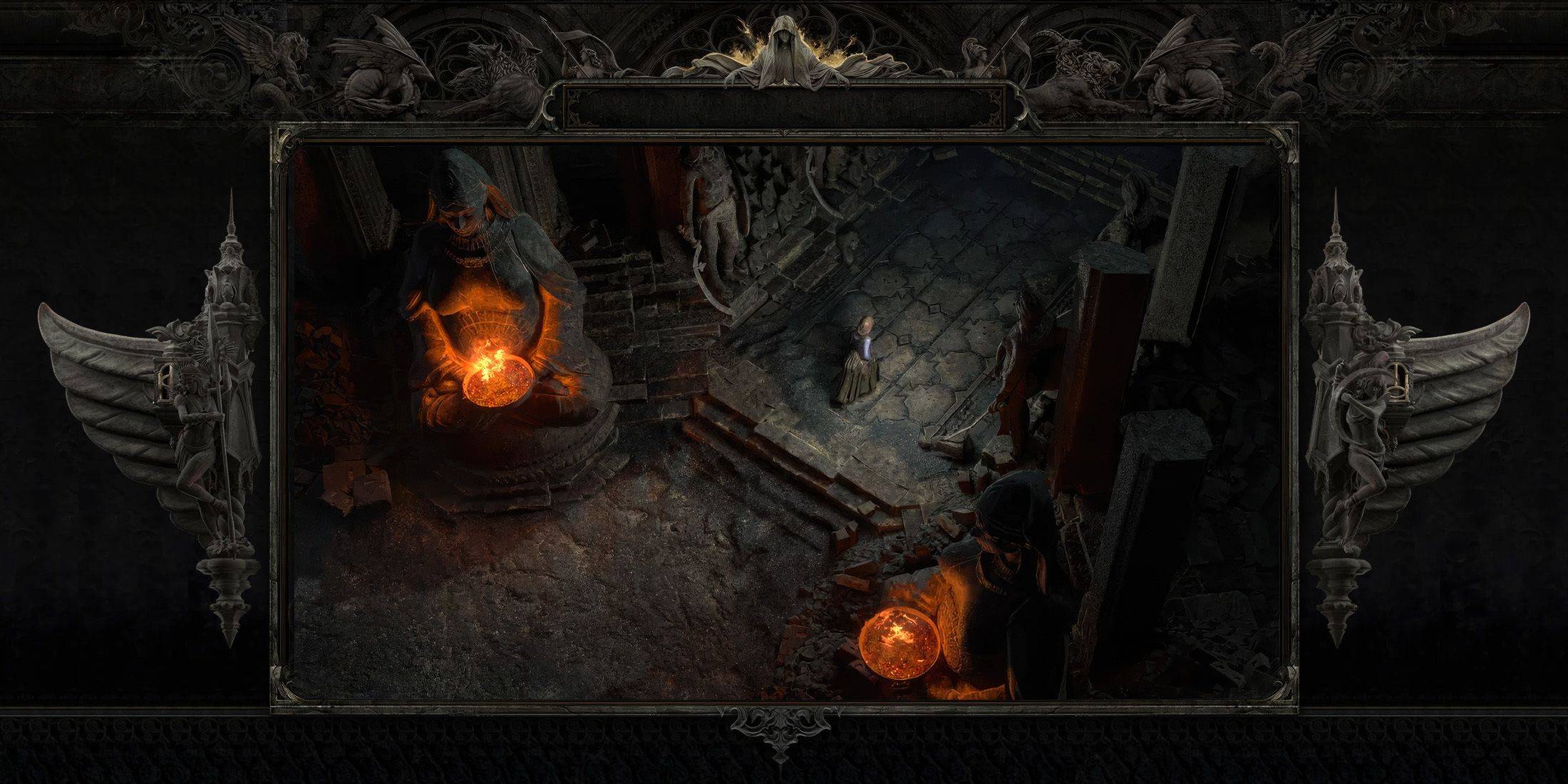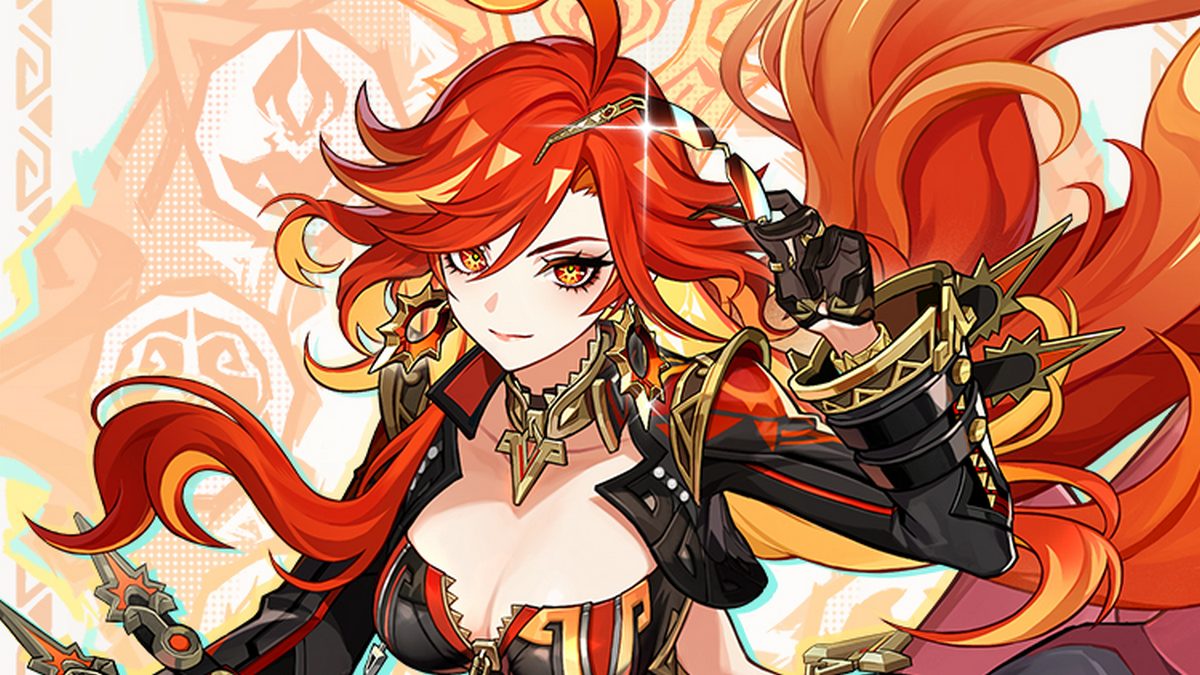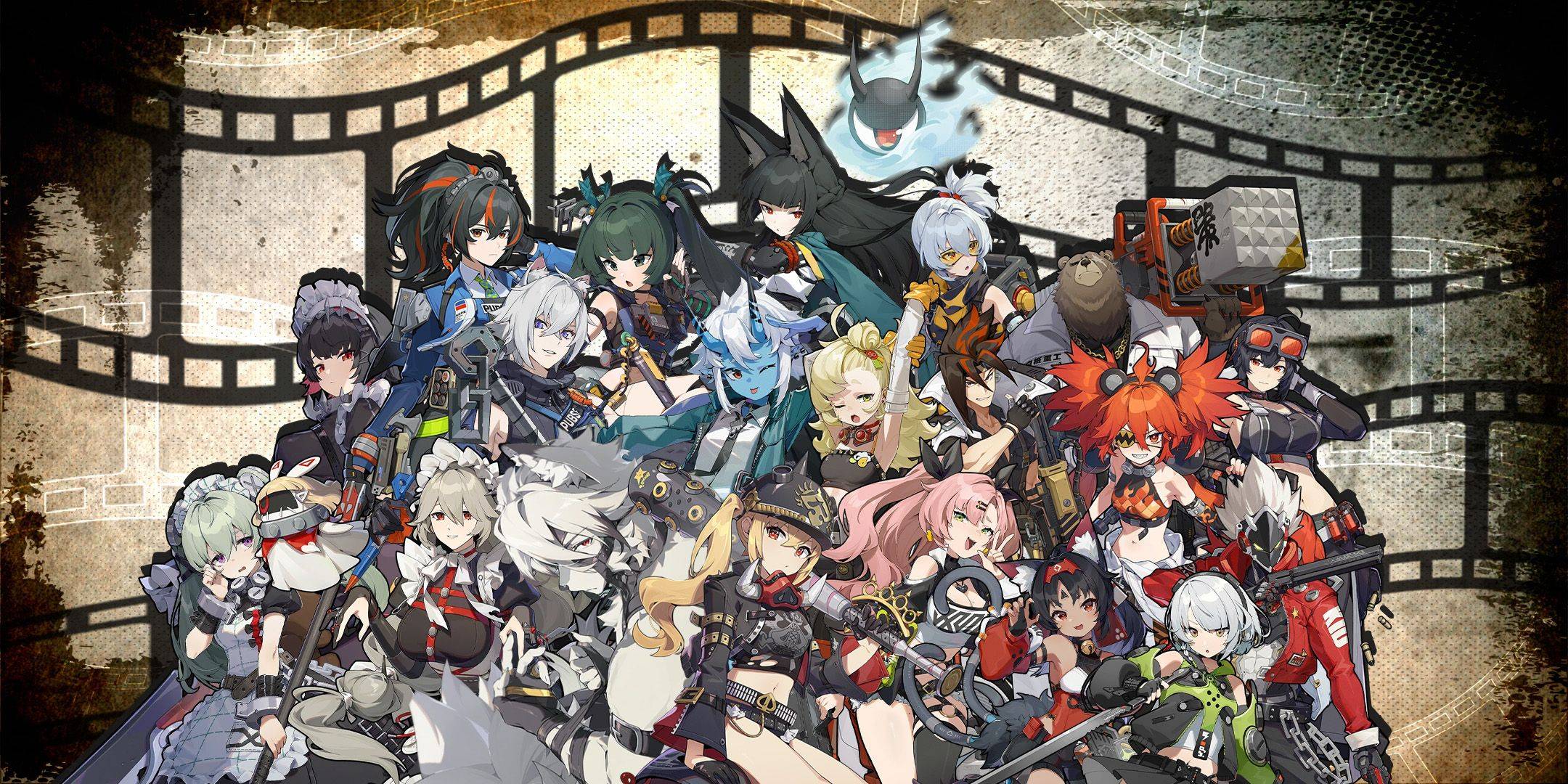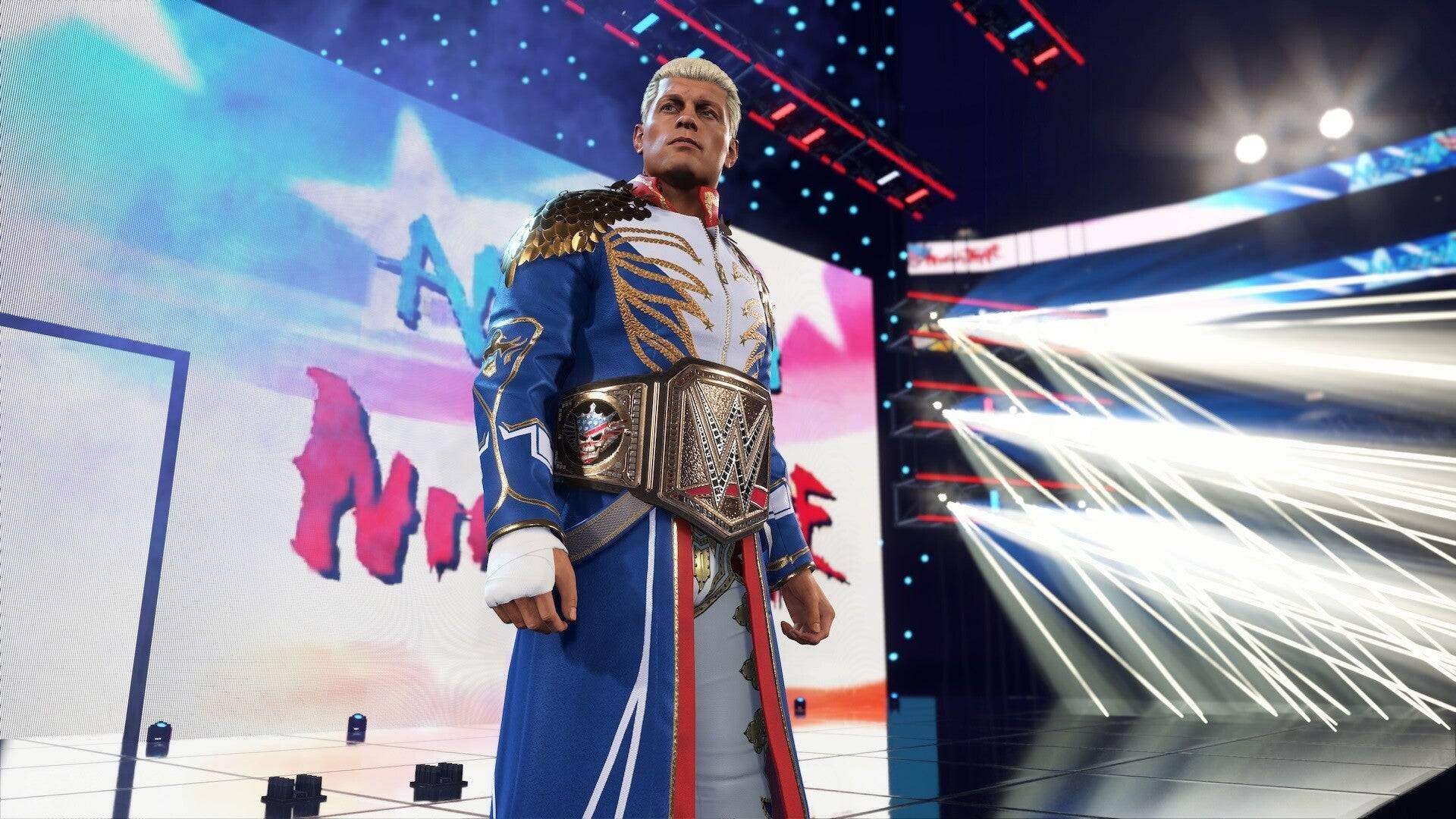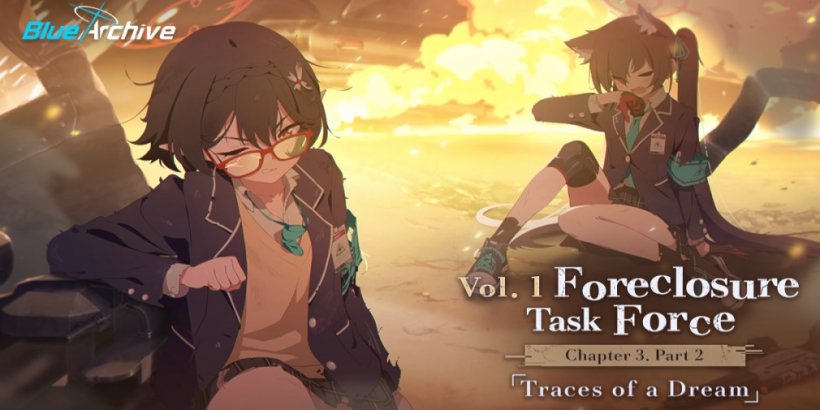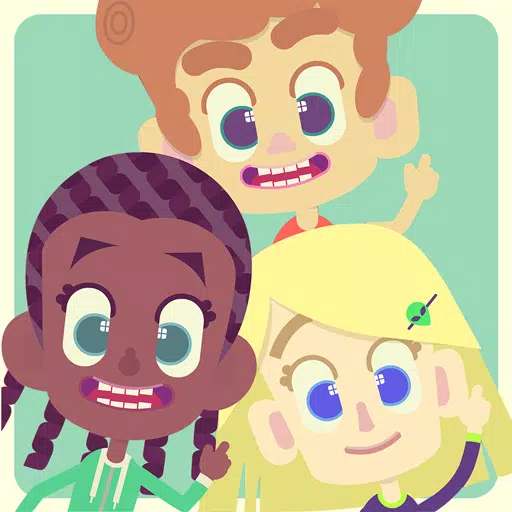Former PlayStation executive Shuhei Yoshida has expressed his reservations about Sony's controversial push into live service video games. In an interview with Kinda Funny Games, Yoshida, who served as President of SIE Worldwide Studios from 2008 to 2019, revealed that Sony was aware of the risks associated with investing in live service games.
Yoshida's comments come at a challenging time for PlayStation's live service initiatives. While Arrowhead's Helldivers 2 achieved remarkable success, selling 12 million copies in just 12 weeks and becoming the fastest-selling PlayStation Studios game ever, other live service titles have faced significant setbacks. Sony's Concord, for instance, turned out to be a major disappointment, lasting only a few weeks before being taken offline due to extremely low player engagement. Ultimately, Sony decided to terminate the game and shut down its developer.
The failure of Concord was costly, with initial development costs reportedly reaching $200 million, according to Kotaku. This figure did not cover the full development expenses, nor did it include the acquisition of the Concord IP rights or Firewalk Studios itself.
The Concord debacle followed the cancellation of Naughty Dog's The Last of Us multiplayer game. Additionally, Sony recently canceled two unannounced live service projects: a God of War title being developed by Bluepoint and another game from the Days Gone developer, Bend.
Yoshida, who left Sony after 31 years with the company, shared his thoughts on PlayStation's live service strategy during the interview. He suggested that if he were in the position of current Sony Interactive Entertainment Studio Business Group CEO Hermen Hulst, he would have resisted the shift towards live service games. Yoshida explained, "For me, I was managing this budget, so I was responsible for allocating money to what kinds of games to make. If the company was considering [going] that way, it probably didn’t make sense to stop making another God of War or single-player game, and put all the money into the live service games."
He noted that after his departure, Sony provided more resources to Hermen Hulst, allowing the company to continue developing single-player games while also exploring live service titles. Yoshida acknowledged the risk involved, stating, "I’m sure they knew it was risky. The chance of a game becoming successful in this hugely competitive genre would be small. However, the company, knowing that risk, gave Hermen the resources and chance to try it. I think that’s the way they did it. In my mind, that’s great, and hopefully some games will become successful."
Yoshida highlighted the unexpected success of Helldivers 2, emphasizing the unpredictable nature of the gaming industry. He concluded, "If I was in Hermen’s position, probably I would’ve tried to resist that direction. Maybe that’s one of the reasons they removed me from the first-party!"
In a recent financial call, Sony president, COO, and CFO Hiroki Totoki discussed the lessons learned from both the record-breaking launch of Helldivers 2 and the failure of Concord. Totoki admitted that Sony should have implemented development checkpoints, such as user testing and internal evaluations, much earlier in the process. He stated, "Currently we are still in the process of learning. Basically, with regards to new IP, of course you don’t know the result until you actually try it. So for our reflection, probably we need to have a lot of gates, including user testing or internal evaluation, and the timing of such gates, we need to bring them forward. We should have done those gates much earlier than we did."
Totoki also pointed to Sony's "siloed organization" and the timing of Concord's release, which coincided with the launch of the successful Black Myth: Wukong on PS5 and PC, as potential factors contributing to its failure. He suggested that better coordination across organizational boundaries and more strategic release timing could have mitigated these issues.
During the same financial call, Sony senior vice president for finance and IR Sadahiko Hayakawa compared the launches of Helldivers 2 and Concord, emphasizing the importance of sharing lessons learned across the company. He said, "We launched two live service games this year. Helldivers 2 was a huge hit, while Concord ended up being shut down. We gained a lot of experience and learned a lot from both."
Hayakawa outlined Sony's plans to apply these lessons to improve development management and post-launch content strategies. He also highlighted the company's intention to balance its portfolio with both single-player games, which have a higher predictability of success due to established IP, and live service games, which offer potential for growth despite the inherent risks.
Looking ahead, several PlayStation live service games are still in development, including Bungie's Marathon, Guerrilla's Horizon Online, and Haven Studio's Fairgame$.

 Latest Downloads
Latest Downloads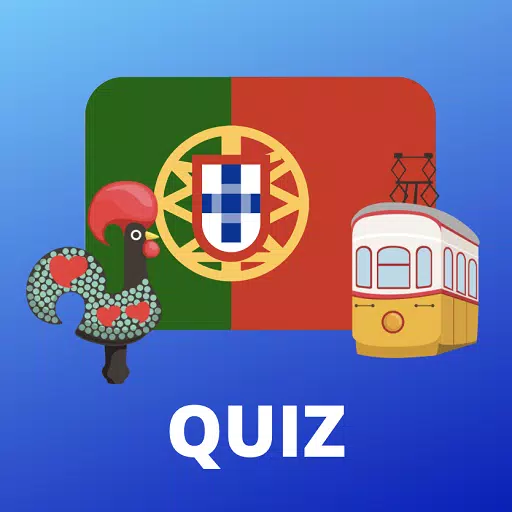
 Downlaod
Downlaod




 Top News
Top News